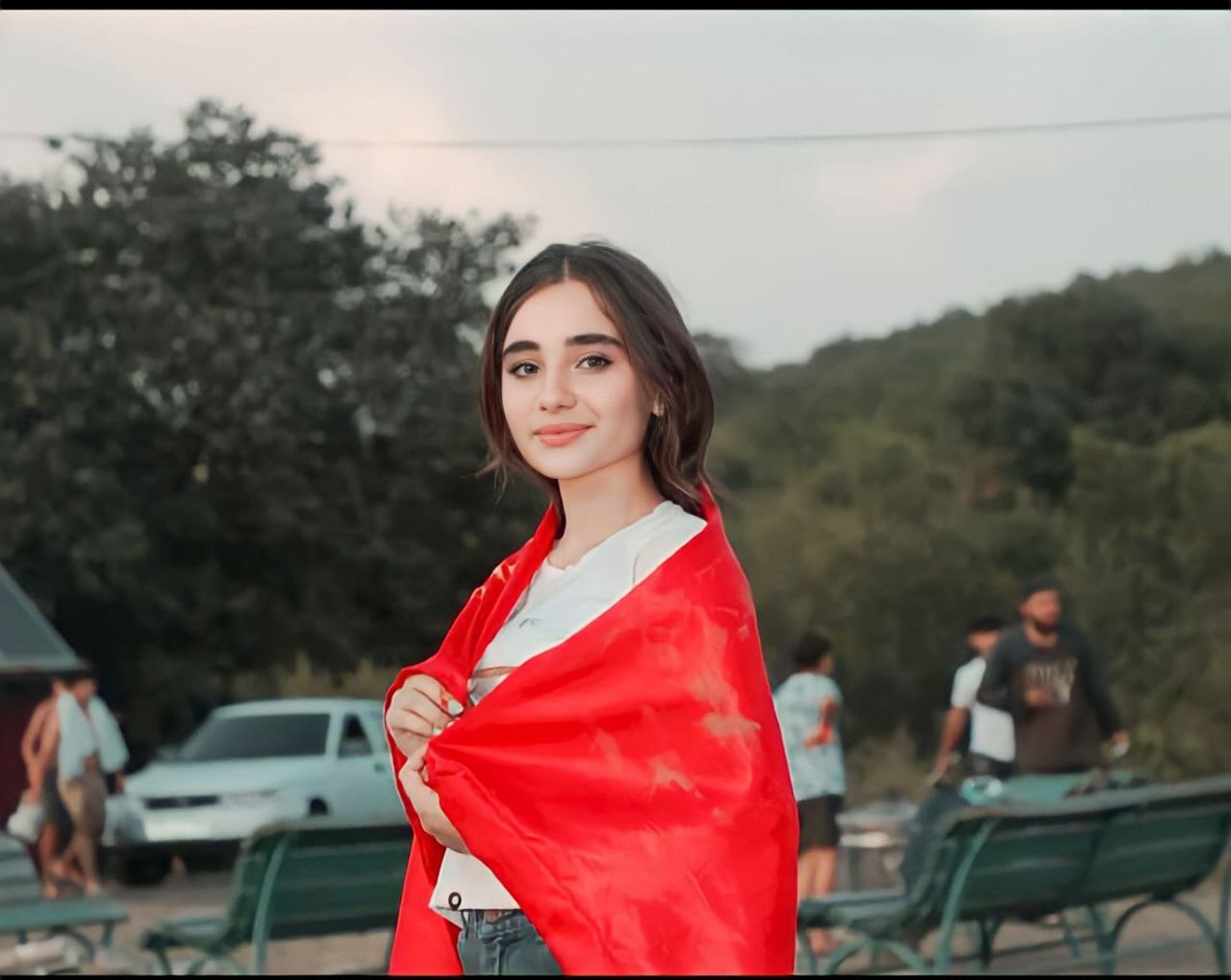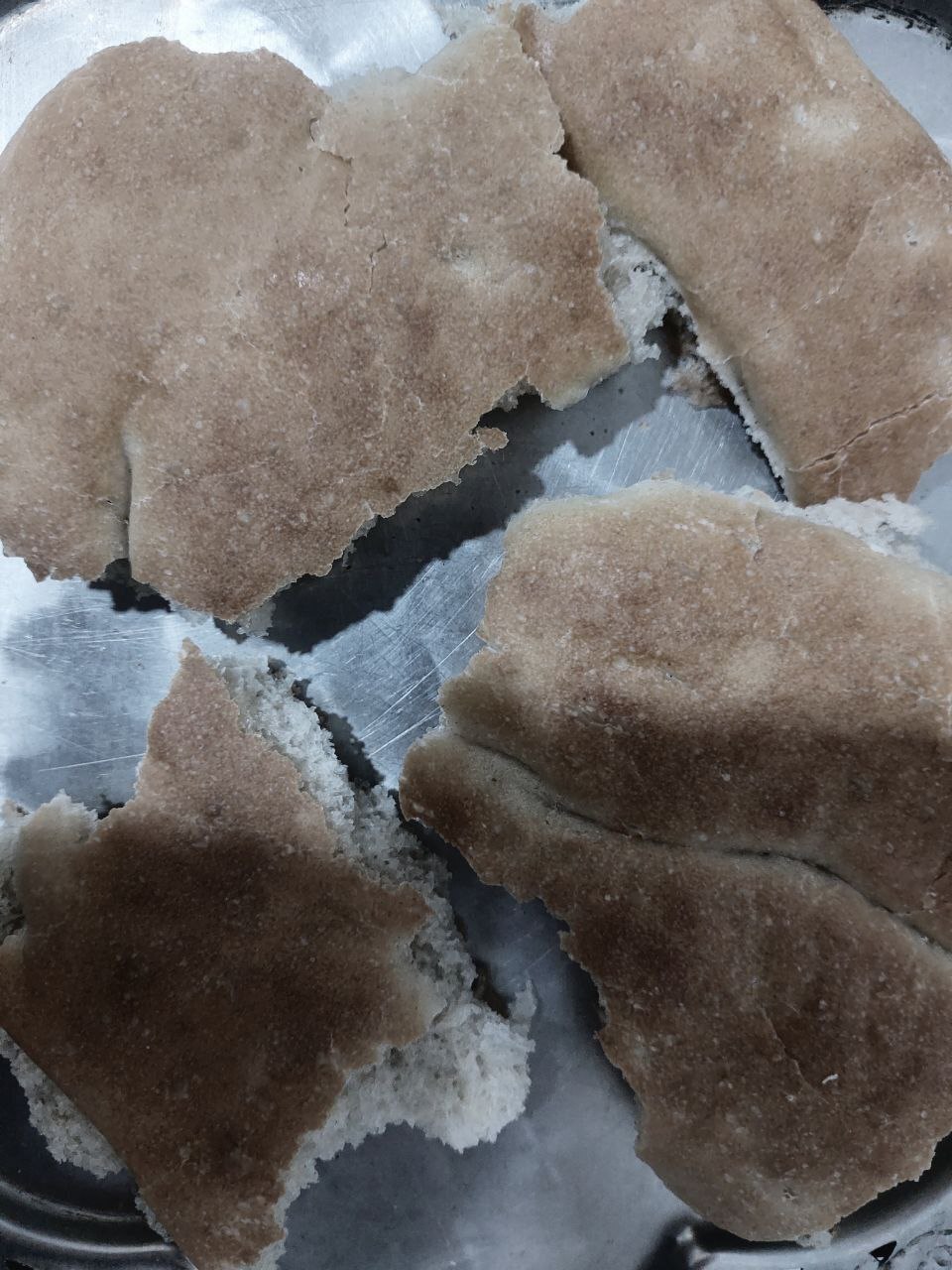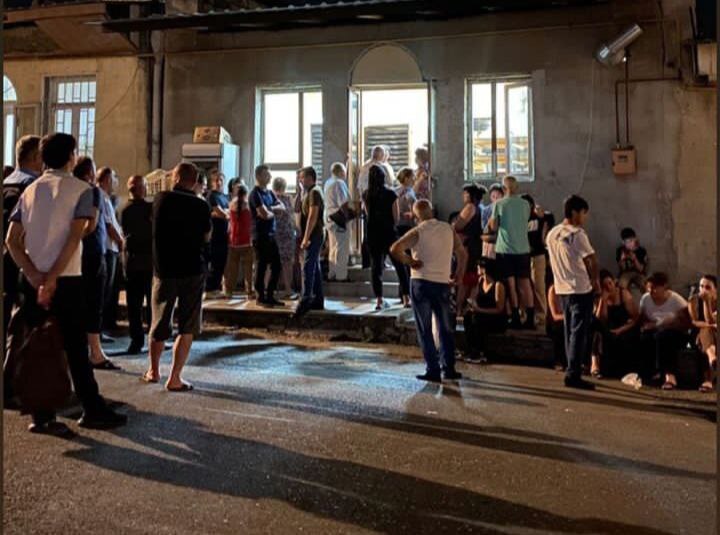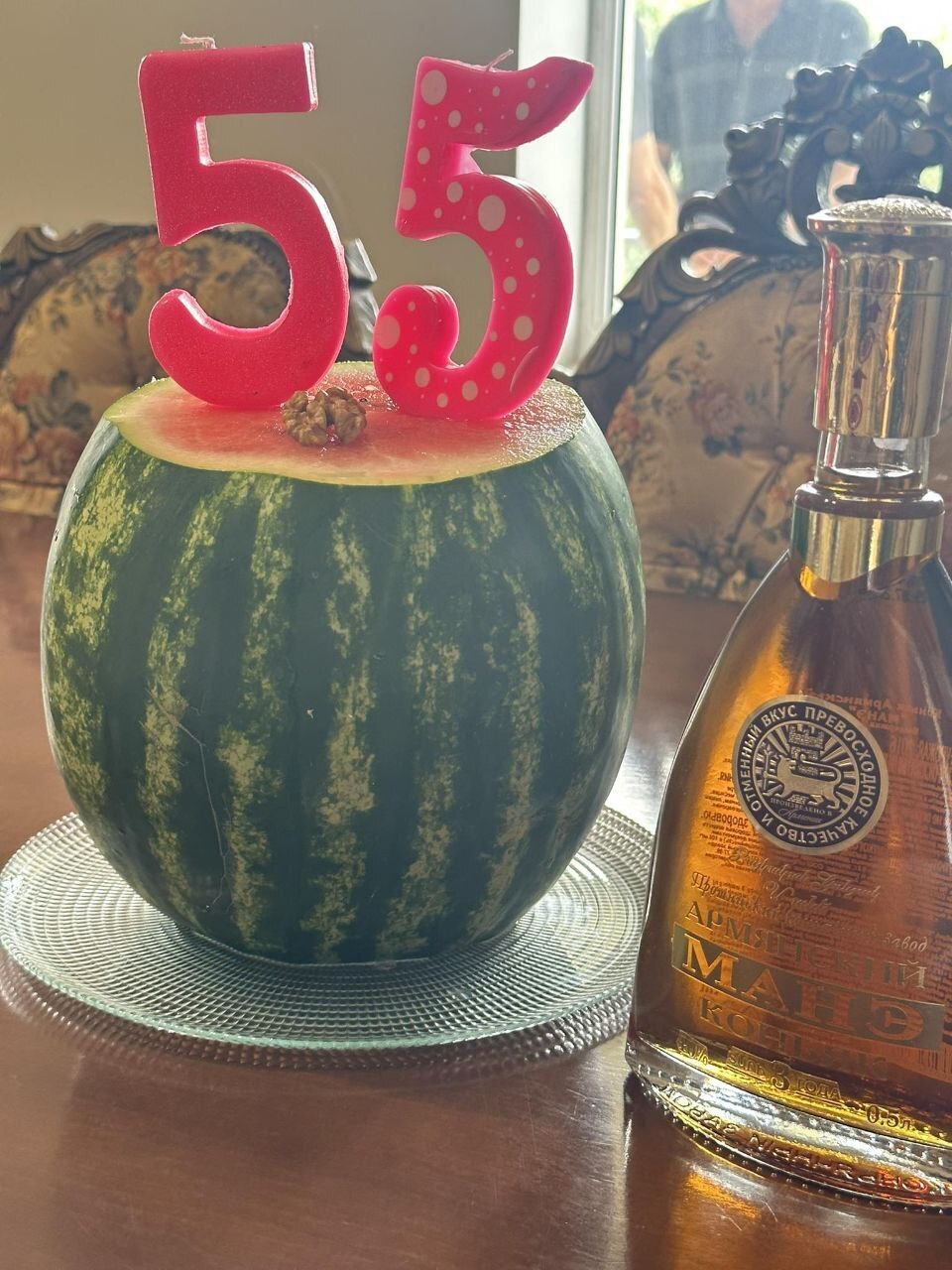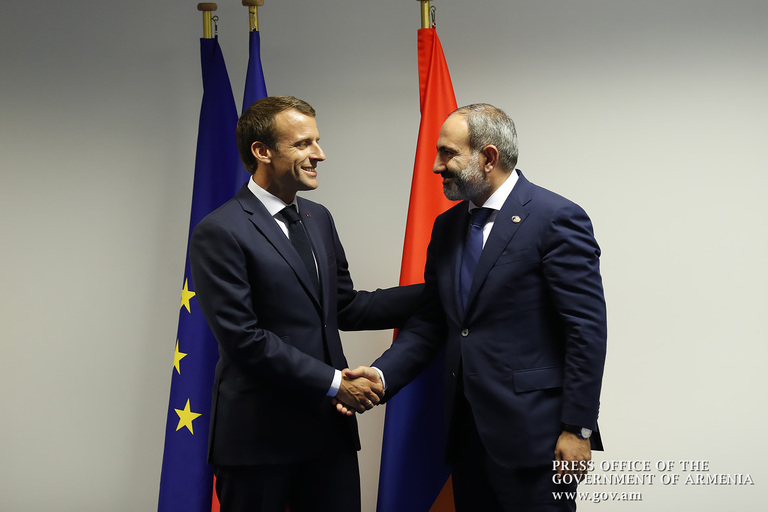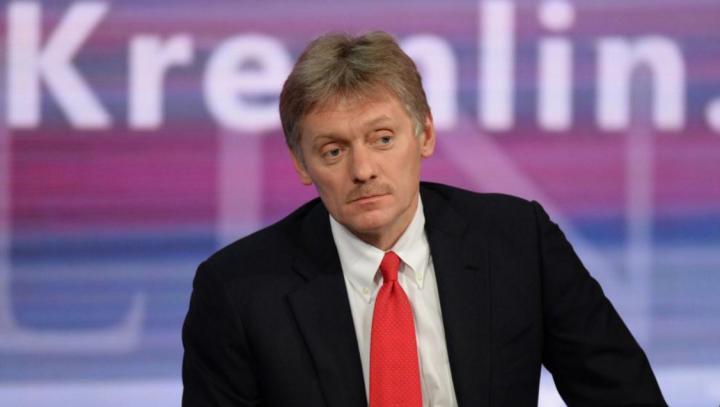“The word “blockade” encapsulates the most challenging aspect of this situation. It’s an immensely challenging feeling when profound reflection leads you to realize that you’re held hostage within your own home,” Ani Lazaryan,17, from the village of Vank, Martakert region, Artsakh describes her feelings. I’ve spoken with many people about the daily hardships and the inhumane conditions under the blockade in Artsakh. Ani, in fact, can not share anything new, so our conversation revolves more around the people and her psychological state. She conveys that the feeling of being captive on your own land is simply unbearable, yet at the same time, it’s a reality that’s difficult to accept.
Ani is an aspiring translator and a member of the Artsakh Youth Union of the Armenian Revolutionary Federation “Dashnaktsutyun”. She is currently in her senior year and spends most of her time at home. She has had to postpone her classes because public transport is not functioning, and there is a lack of fuel to travel to Stepanakert. My interlocutor, who appears to be quite sensitive, has also authored a book about the war titled “Them.”
The blockade, of course, brings about inconvenience in the most essential aspects of life, but the most intolerable aspect for Ani is to do nothing. “What should be done?” I ask. “If we are talking about the population of Artsakh, then we are literally shackled, probably powerless to do anything now. In Artsakh, every resident now sleeps and awakens with the sole purpose of queuing up again tomorrow. In general, I have thought a lot about this question and, I have always hesitated to give a clear answer. From my perspective, the collective endeavor in this matter is very great, and every individual can contribute to our nation through their efforts. Regrettably, such assistance is currently lacking. People’s behavior is vastly different when they have plenty, and even more distinct when they have nothing.”
Ani emphasizes that the blockade is truly devastating, as everyone desires to live, yet the possibility of life itself is uncertain.
“Countless queues stretch ahead, with the number of people impossible to tally. Amidst these lines, we stand, awaiting our turn, carrying the hope that our path to brighter days will soon unfold. Living in the village is somewhat manageable, but it’s even tougher for those in the city who struggle to maintain a decent lifestyle,” Ani says adding that she has never joined the queues, partly because she felt she might get lost in the crowd.
“The line of people stretched from the city’s beginning to its very end.”
bread queue
Ani recalls a poignant and bittersweet moment she witnessed while waiting for a friend one day: two elderly people were walking hand in hand to purchase fruit. However, by the time they crossed the street and reached the store, all the fruit had already been sold out. “With fruit in short supply, just a single apple remained. The seller gave it away the elderly people. Leaving the store with a mix of desperation and fleeting smiles, they exchanged a glance and sighed. Yet, their smiles returned, perhaps because they still held onto that single apple… it left a profound impact.”
The First Karabakh war, the April war, the 44-day war… without even having time to heal from these wounds, now comes the blockade. “Is it destiny, or is it simply a game being played with us?” Ani asks. “When my peers and I were thinking about studying abroad and building a bright future, now we are thinking about how to somehow survive. It’s a struggle for survival. Living in Artsakh and fighting for life despite the blockade is a testament to courage. Please, let’s not be indifferent; let’s ensure the world doesn’t erase us from the face of the earth…”
Since December 12, 2022, Azerbaijan has closed the only road connecting Artsakh to Armenia, the Lachin Corridor. On April 23, 2023, the Azerbaijani side closed the Hakari bridge on the Artsakh-Armenia border, which was in the area of responsibility of the Russian peacekeeping troops in the Lachin corridor, thus deepening the humanitarian crisis. An Azerbaijani checkpoint was installed on the Hakari bridge. Since June 15 of this year, Azerbaijan has banned all humanitarian transportation through the Lachin Corridor. After that, the ICRC was only able to transport patients to Armenia a few times.
On July 29, Azerbaijan kidnapped a 68-year-old citizen from the ICRC-mediated patient who was transferred to Armenia from the checkpoint near the Hakari bridge and took him to an unknown place. On August 1, Azerbaijani servicemen kidnapped another citizen who tried to go to Armenia on foot from the village of Hin Shen in Artsakh, his whereabouts are also unknown.
Artsakh has almost completely run out of essential products and medicine. Coupons intended for buying food months ago are now useless because the stores are empty. People go out only to get bread. Artsakh has run out of fuel, public transport does not work at all, and private cars rarely move. The gas supply is regularly interrupted, and electricity is cut off. In Artsakh, 120 thousand people, including 30 thousand children, are under total blockade.
Photos are from Ani Lazaryan’s archive
Hayarpi Baghdasaryan
